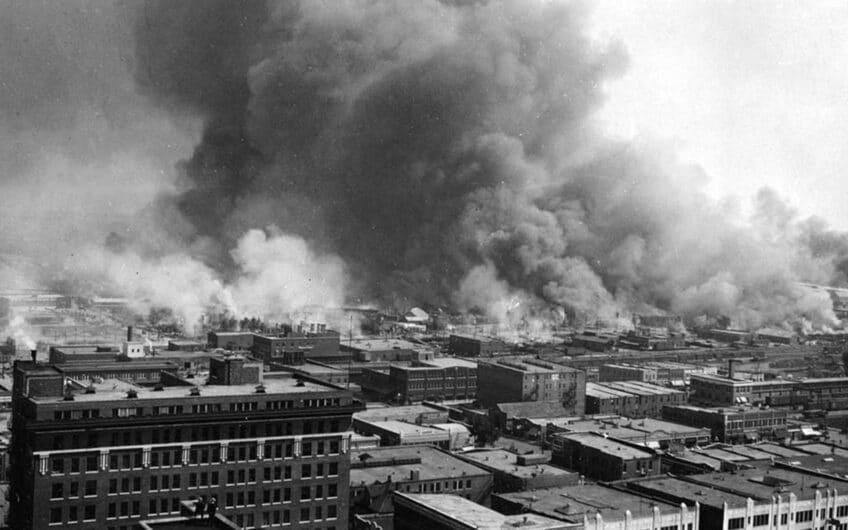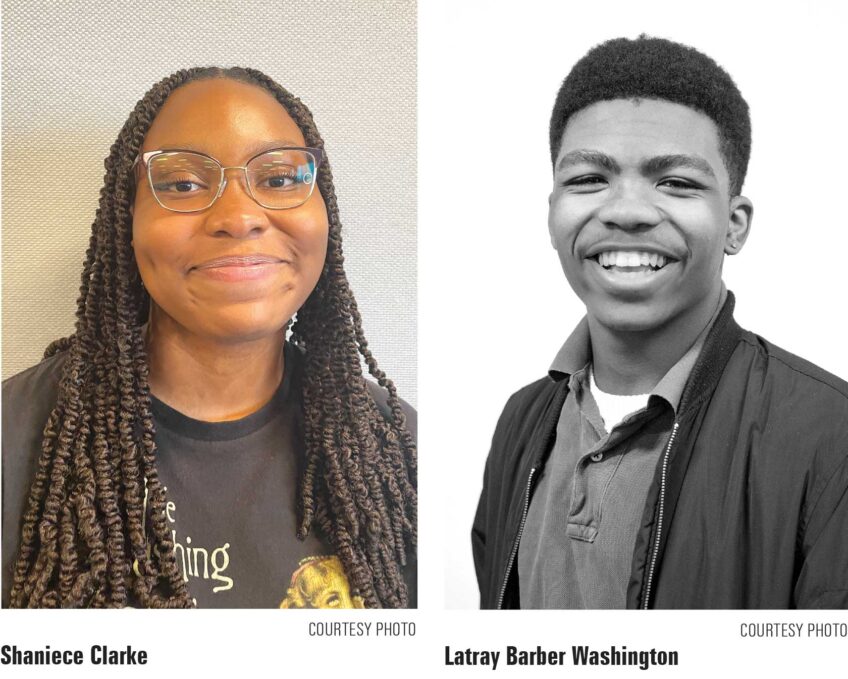Ralph Abernathy was a fellow pastor and the Rev. Martin Luther King Jr.’s chief aide during the American civil rights movement. Keep reading to out more about the extraordinary life of this man.
Early years
Born in Linden, Alabama, on March 11, 1926, Abernathy was the son of farmer William L. Abernathy and Louivery Bell Abernathy. After serving in the Army during World War II, he became a pastor and graduated from Alabama State University and Atlanta University. Abernathy first befriended King after hearing him preach in Atlanta’s Ebenezer Baptist Church.
Working for justice
In 1952, Abernathy became pastor of the First Baptist Church in Montgomery. He was also active in the NAACP and chaired a committee on the Brown v. Board of Education ruling.
Abernathy and King helped organize the Montgomery bus boycott and the Montgomery Improvement Association after the arrest of Rosa Parks for refusing to give up her seat on a city bus to a white man. During the civil rights movement, King and Abernathy relied on and supported each other, even being jailed together 17 times.
As they had done in Montgomery, King and Abernathy worked together in Atlanta to found the Southern Christian Leadership Conference, where Abernathy initially served as secretary-treasurer, then vice president. After King’s 1968 assassination, Abernathy took up the mantle of leadership at the SCLC and in King’s other initiatives, such as the march for Memphis sanitation workers and the Poor People’s Campaign.
Later years
In 1977, Abernathy left the SCLC and returned to pastoral work at the West Hunter Avenue Baptist Church in Atlanta. He also staged an unsuccessful run for Congress. Abernathy published his autobiography in 1989, “The Walls Came Tumbling Down.”






